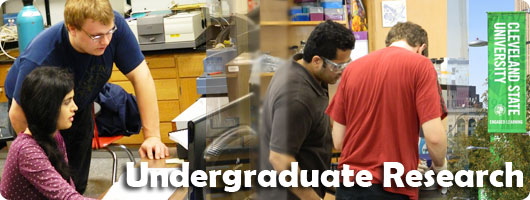Files
Download Full Text (107 KB)
Description
Microalgae is a promising biofuel feedstock for replacement of conventional transportation fuels. Microalgae does not require arable land for cultivation, and the biofuel production rate per acre of land is an order of magnitude greater than that needed for crop-based production methods. Though microalgae to biofuel processes are attractive, none have proven commercially successful due to the high costs of algae dewatering. Moreover, the scarcity of fresh water in many parts of the world prevents development of this process because of competition with drinking water supplies. Our lab has developed an efficient dewatering method using an inclined gravity settler. It is possible to adapt the freshwater Scenedesmus dimorphus to brackish water, without significantly changing growth rate nor lipid content. In this research, we investigate whether this saltwater-adapted algae species can be dewatered using the gravity settling method.
The settling velocity was measured by a settling column using absorbance at 600 nm to measure cell concentration. Our preliminary results yielded settling velocities of 0.76 cm/h, which is similar to earlier measurements of 0.87 cm/h for freshwater S. dimorphus. Based on these settling velocity measurements, we have found that saltwater acclimation will have minimal effect on the separation efficiency of S. dimorphus.
Publication Date
9-5-2013
Disciplines
Biomaterials | Biomedical Engineering and Bioengineering | Plant Sciences
Recommended Citation
Bowden, Dustin and Belovich, Joanne M., "Adaptation of Scenedesmus Dimorphus to Brackish Water" (2013). Undergraduate Research Posters 2013. 12.
https://engagedscholarship.csuohio.edu/u_poster_2013/12




Comments
Student Researcher: Dustin Bowden
Faculty Advisor: Joanne M. Belovich, Ph.D.